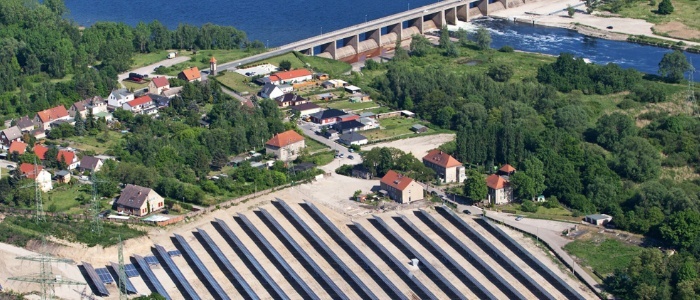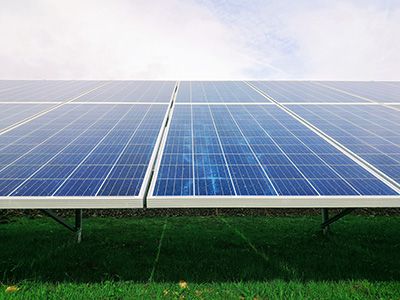Although the subsidies for solar systems are coming to an end, Germany is developing into a hotspot for solar investments. Falling prices for modules and rising prices for green electricity enable stable and subsidy-free yields, which moreover do not correlate with other markets. "Especially institutional investors are therefore increasingly looking for investment opportunities", says Markus W. Voigt, CEO of aream Group.
"The promotion of renewable energies is a success story with a happy end", says Voigt. The biggest success is not the number of installed systems or the constantly growing share of renewable energies in the total energy consumption. "The real success is that new renewable energies systems now get by without subsidies ", says Voigt.
"Here, what so often fails in other areas has actually worked out according to the textbook: the subsidy serves as an impetus, after which the desired project runs on its own", says Voigt. And it's running fast: "We are currently observing a real boom in solar investments", says Voigt. "Germany is becoming a hotspot here, ahead of all other European countries."
There are two main reasons for the boom: Investments in renewable energies show an uncorrelated return, which is a huge advantage in the context of the pandemic crash of the stock and bond markets. They also deliver regular distributions, unlike more volatile investments. In addition, investments in renewable energies receive favourable Solvency II treatment by the regulatory authority for institutional investors. "In this way, the available risk capital can be better used", says Voigt. Stable, highly predictable, long-term cash flows based on real assets drive demand anyway.
On the other hand, the price development is working from two sides for the solar parks: The prices for green electricity are rising, the costs for the panels are falling. "More and more companies, municipalities, states want to work climate-neutrally or, like Microsoft, even pay back the CO2 emissions of the past decades", says Voigt. This requires constantly growing amounts of electricity from renewable energy sources. "The construction of new plants is hardly lagging behind here, which will cause prices to rise significantly", says Voigt.
Rising prices for the product will be accompanied by falling prices for the construction and operation of the plants. "The modules have become significantly cheaper, measured by their efficiency", says Voigt. This enables more output at the same cost. "In addition, artificial intelligence is increasingly being used to operate the plants", says Voigt. This detects changes earlier, can react faster - and thus operate entire solar parks even more cost-effectively by small margins. "Even if on paper it's only a matter of a few tenths of a percentage point, this adds up more and more with technological development. And the efficiency gains for investors go exclusively into profit", says Voigt.
PRESSEKONTAKT:
Leandra Kiebach
T: +49 (0)211 30 20 60 4-2
E: lk@aream.de


